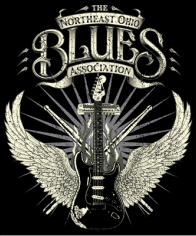- July 4th.,1910 -- "Champion Jack" Dupree
- July 17th.,1940 -- Marjorie Ann Johnson, aka "Margie Evans"
- July 27th.,1897 -- Hattie Burleson
- July 2nd.,1994 -- Marion W. Williams
- July 17th.,1984 -- Mary Elizabeth "Bessie" Jones
- July 26th.,2013 -- John Weldon "J.J." Cale

 RSS Feed
RSS Feed